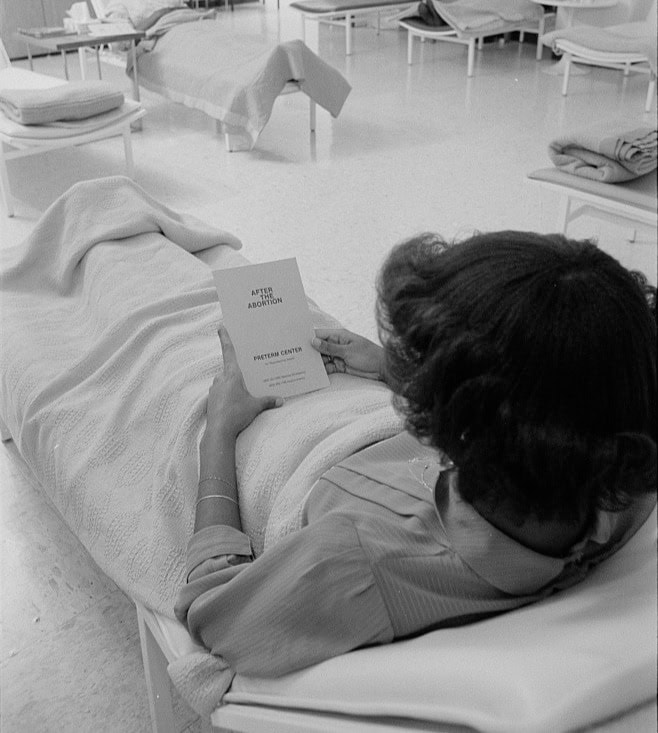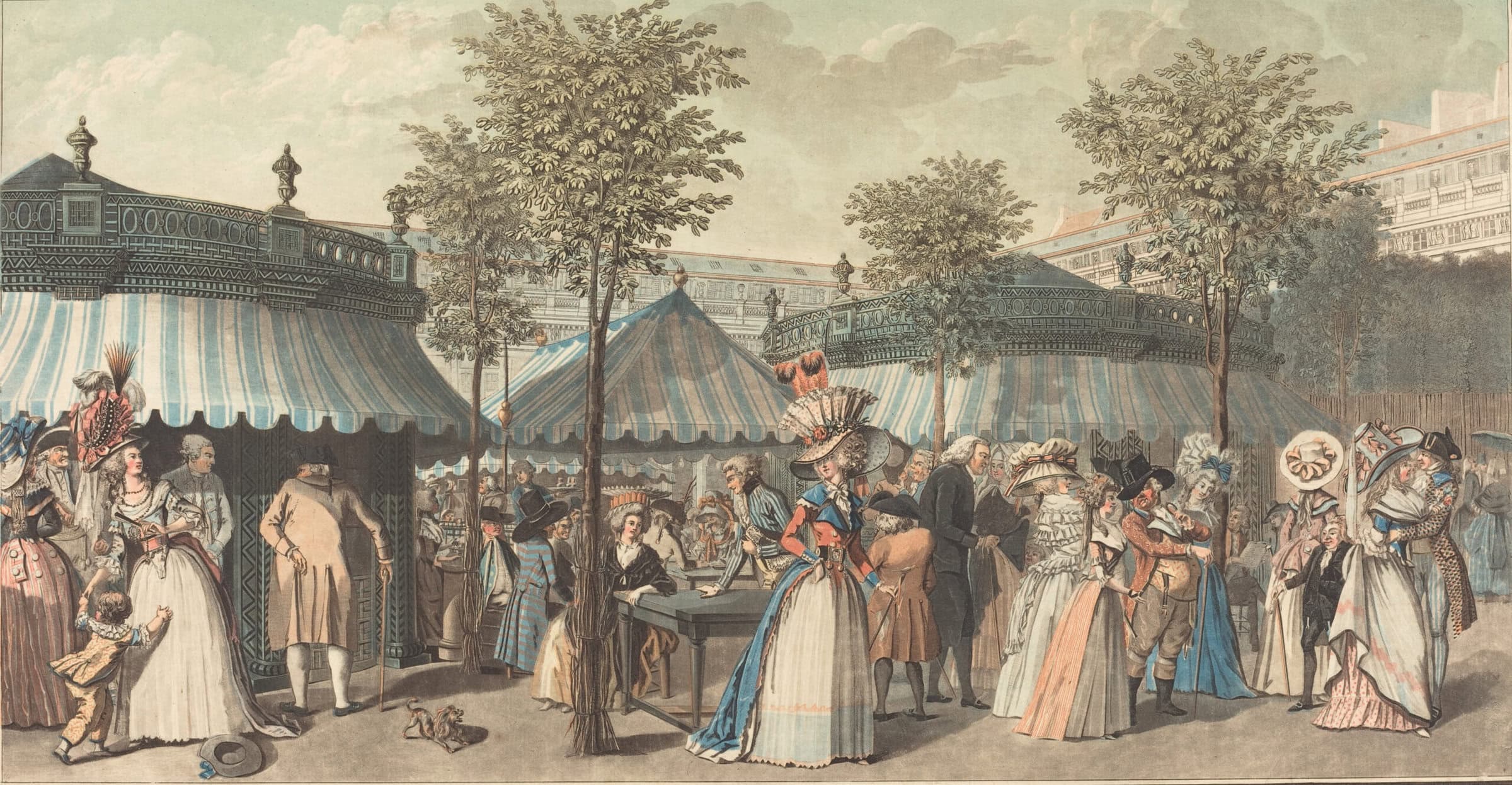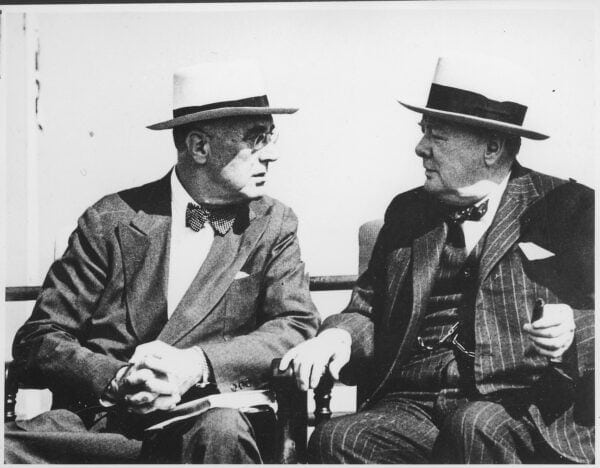Editor’s note: The New York Times opinion pages sent shock waves through the historical community last August with “Why Did We Stop Teaching Political History?” In their essay, Fredrik Logevall (Harvard Univ.) and Kenneth Osgood (Colorado School of Mines) defined political history as “a specialization in elections and elected officials, policy and policy making, parties and party politics,” and argued that the field had fallen “out of favor with history departments.” Without a robust pipeline to the professoriate, they wrote, political history was failing to reach teachers, causing “aspiring lawyers, politicians, journalists, and business leaders” to graduate without this knowledge, imperiling democratic society.
Historians’ response was immediate, but opinions varied. Here, political historian Marc Stein (San Francisco State Univ.) presents a countervailing perspective. We invited Logevall and Osgood to respond—for the first time in public—to which they generously agreed. Finally, we provide a short rejoinder from Stein.
Perspectives is honored to host this exchange, which testifies to historians’ commitment to debate about matters critical to the future of history—and to civil society in these turbulent times.
—Allison Miller, editor
This work is licensed under a Creative Commons Attribution-NonCommercial-NoDerivatives 4.0 International License. Attribution must provide author name, article title, Perspectives on History, date of publication, and a link to this page. This license applies only to the article, not to text or images used here by permission.



